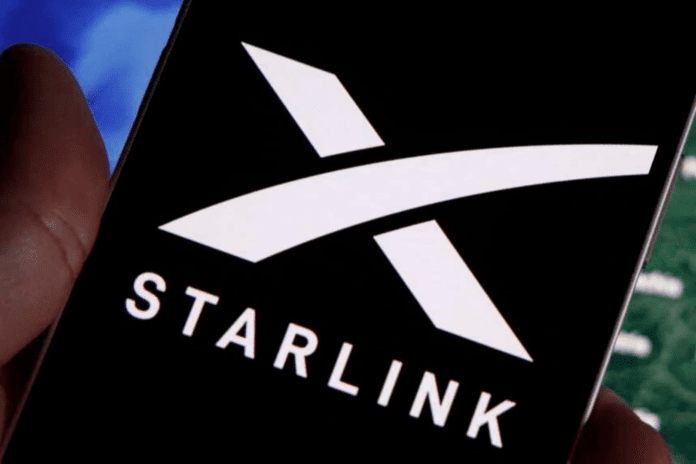Elon Musk’s satellite internet service, Starlink, has doubled its market share in Kenya over a three-month period, disrupting the local internet market and posing a challenge to older, established players.
New data from the Communications Authority of Kenya (CA) reveals that Starlink commanded 1.1% of the fixed data market as of September 2024, a sharp increase from 0.5% in June.
The company entered Kenya in July 2023, making incremental steps over the past year and a half. It appears poised to surge ahead in the coming quarters, particularly as it continues to capture a growing customer base.
One of the key factors contributing to Starlink’s rapid growth is the introduction of its rent-a-kit program. Initially, Starlink required customers to purchase its equipment, which proved costly and limited adoption. However, the new rental option has helped lower the barrier to entry, attracting more users.
Subscribers now pay a one-off activation fee of KSh 2,700 and a monthly rental fee of KSh 1,950 for the equipment. They can then choose between a 50GB limited package for KSh 1,300 or an unlimited package for KSh 6,300, which is significantly cheaper compared to similar offerings from competitors.
“Satellite internet subscriptions recorded a significant increase of 104.7% during the reference period, attributed to a customer acquisition campaign by Starlink Internet Services Kenya, which introduced an option to rent satellite equipment at a reduced cost,” said CA in its report on the telecommunications sector.
Additionally, Starlink saw a massive 152.8% growth in utilized satellite internet capacity, which aligns with its increased number of subscribers. The company’s affordable pricing model and customer-focused approach have allowed it to carve a niche in Kenya’s competitive internet market.
Competition and Market Disruptions
Starlink’s success comes at the expense of traditional providers like Safaricom and Wananchi Group. Safaricom, which remains the market leader, grew its share to 36.6% from 36.4%. Wananchi, the third-largest provider, saw its market share decline to 16.8% in September 2024, down from 17.5% in June and 21.6% a year earlier.
The rapid growth of Starlink has raised concerns among traditional internet providers, many of whom have lobbied the government to impose stricter regulations on the satellite firm. The primary concern is that Starlink’s tax-exempt status and ability to undercut local pricing could undermine Kenya’s long-term digital development goals.
In response to these concerns, the CA has proposed significant increases in licensing fees for satellite internet providers. Under the new regulations, satellite internet firms will be required to pay KSh 15 million for a 15-year operating license, a steep rise from the current KSh 1.6 million. Additionally, providers will face an annual fee of KSh 4 million or 0.4% of their gross turnover, whichever is higher.
Global Impact and Future Plans
Starlink’s satellite system, capable of delivering speeds up to 200 Mbps, has received global praise for its transformative potential, especially in remote and underserved areas. The service is designed to work virtually anywhere, provided users have a clear line of sight to the sky.
SpaceX, the company behind Starlink, plans to launch up to 40,000 satellites in the coming years to ensure global coverage without service interruptions. However, the firm is currently facing challenges with network capacity. Each satellite has a limited number of users it can serve at a time, and Starlink has admitted that it must launch more satellites to handle the growing demand.
In 2023, Starlink temporarily paused new subscriber sign-ups in Kenya due to these capacity constraints. The company has since committed to doubling the number of satellites in orbit within the next year to address these bottlenecks and meet the increasing demand for satellite broadband.
A Transformative Technology for Kenya
Despite its growing pains, Starlink’s technology holds immense potential for transforming internet access in Kenya. With its ability to provide reliable, high-speed internet to even the most remote corners of the country, Starlink could play a critical role in bridging Kenya’s digital divide.
While the company faces competition and regulatory challenges, its innovative approach to delivering affordable and reliable broadband is reshaping Kenya’s internet landscape. As Starlink continues to expand its presence, traditional internet providers will be forced to innovate in order to keep pace with the satellite provider’s disruptive model.







